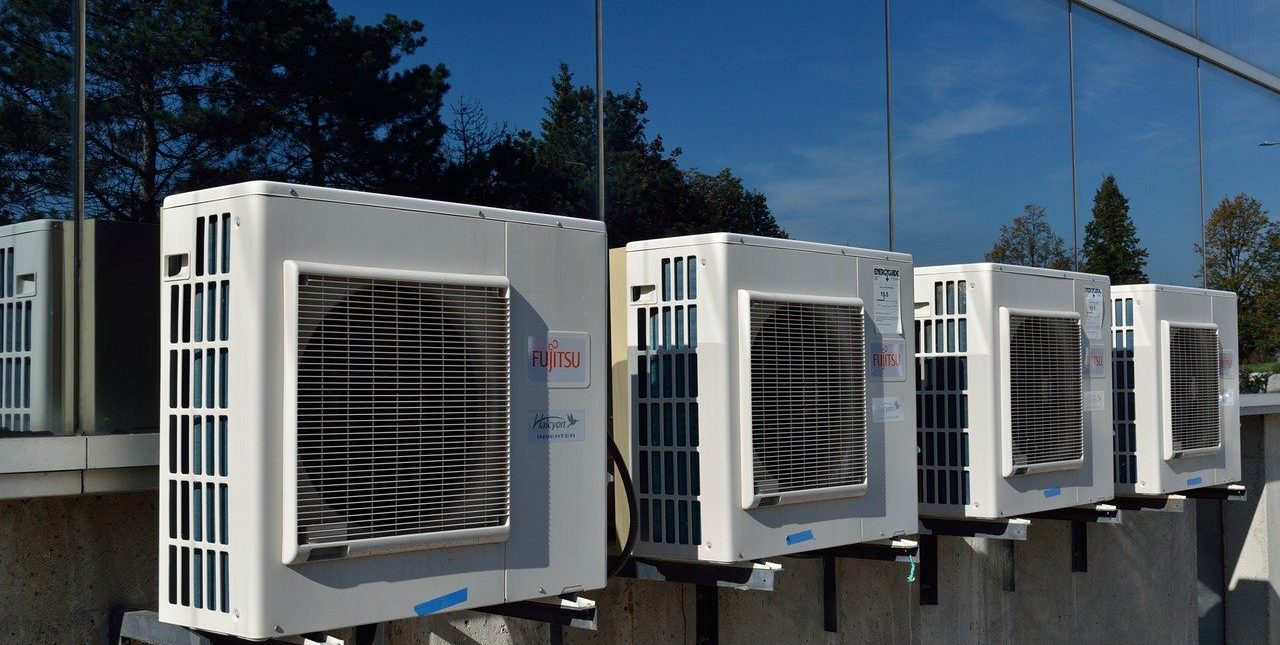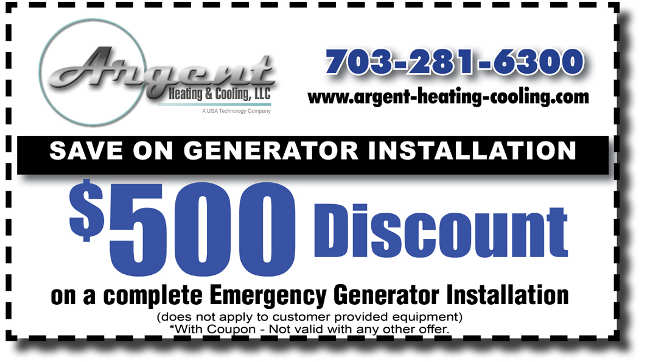Summer can wreak havoc on large homes with multiple rooms, as their HVAC systems must operate at high capacity for weeks. Moreover, single thermostat systems must cool entire homes based on one setting, which may necessitate professional air conditioner maintenance. However, newer systems can incorporate zoning technology and keep different rooms at different temperatures.
To give your home the benefits of this technology, reach out to Argent Heating & Cooling. We have been the Washington, DC, Metro area’s premier home service company for 39 years. Alongside HVAC maintenance and repair, we also offer generators, appliances, and other services. Best of all, you can schedule planned maintenance to ensure your home remains comfortable throughout the year. This convenient option also saves you money thanks to Argent’s HVAC Maintenance Plan.
Below, we describe how HVAC zoning works as well as the benefits of this technology:
Traditional HVAC vs. HVAC Zoning
A traditional HVAC system’s components include a thermostat to control indoor temperature, an indoor unit that produces cool air, and ductwork to distribute that air. A user sets their thermostat to the desired temperature. Then, the system produces hot or cool air until the indoor climate matches the desired temperature.
However, traditional systems measure indoor air temperature from one room. Thus, in multi-story buildings, they may register a much different temperature on the ground level than that which exists at the top. Cooling entire buildings this way can be time-consuming, inefficient, and expensive.
To resolve this dilemma, HVAC zoning uses a series of dampers and thermostats. Zoning systems require professional installation, as they entail careful design and programming. Nevertheless, such a system could pay for itself in energy savings.
How HVAC Zoning Works
First, an HVAC technician installs a central thermostat that controls the various “zones” within your home. Each of these zones then receives a separate thermostat that registers its temperature as well as cooling and heating needs. The central thermostat will direct the air as needed.
Also, for air distribution, the HVAC technician installs a series of motorized dampers throughout the various zones. These dampers fit into a structure’s ducts or outlets then open and close based on the instructions of their zone’s thermostat.
This way, only rooms that require air receive it. So, rather than a ground floor feeling chilly and an attic sweltering, each room remains at your desired level. And with a smart thermostat, you can set each room’s temperature to change at different times of the day.
Benefits of HVAC Zoning
- Save on energy bills
As mentioned above, HVAC zoning can reduce your energy bills. A traditional system may try to cool your entire home even when you don’t need it to do so. However, a zoning system can direct air where it’s needed, reducing your energy consumption. - Longer HVAC system life
When an HVAC system must cool an entire structure throughout a long summer, it undergoes great strain. Planned maintenance can help extend its life, but constant use takes a toll. However, when it works as needed, your HVAC endures less stress and can last longer.
- More comfortable indoor settings
Nothing is worse than walking from a comfortable room into a frigid or roasting one. But with zoning, you can set all rooms to the temperatures you prefer. Specifically, you can keep your bedroom cool at night without conditioning all the other rooms.
Air Conditioner Maintenance Services Now Available Across the Washington, DC, Metro Area!
Smarter ways to cool your home exist than simply blasting cold air in every room. So, reach out to Argent Heating & Cooling and ask about HVAC zoning options. And while you’re at it, schedule professional air conditioner maintenance to ensure that your system works throughout the summer. We are the Washington, DC Metro area’s go-to service provider for heating, cooling, generator, radiant heat, and more home services. Get in touch with us today at (703) 281-6300 or fill out our online form to schedule a service call.


